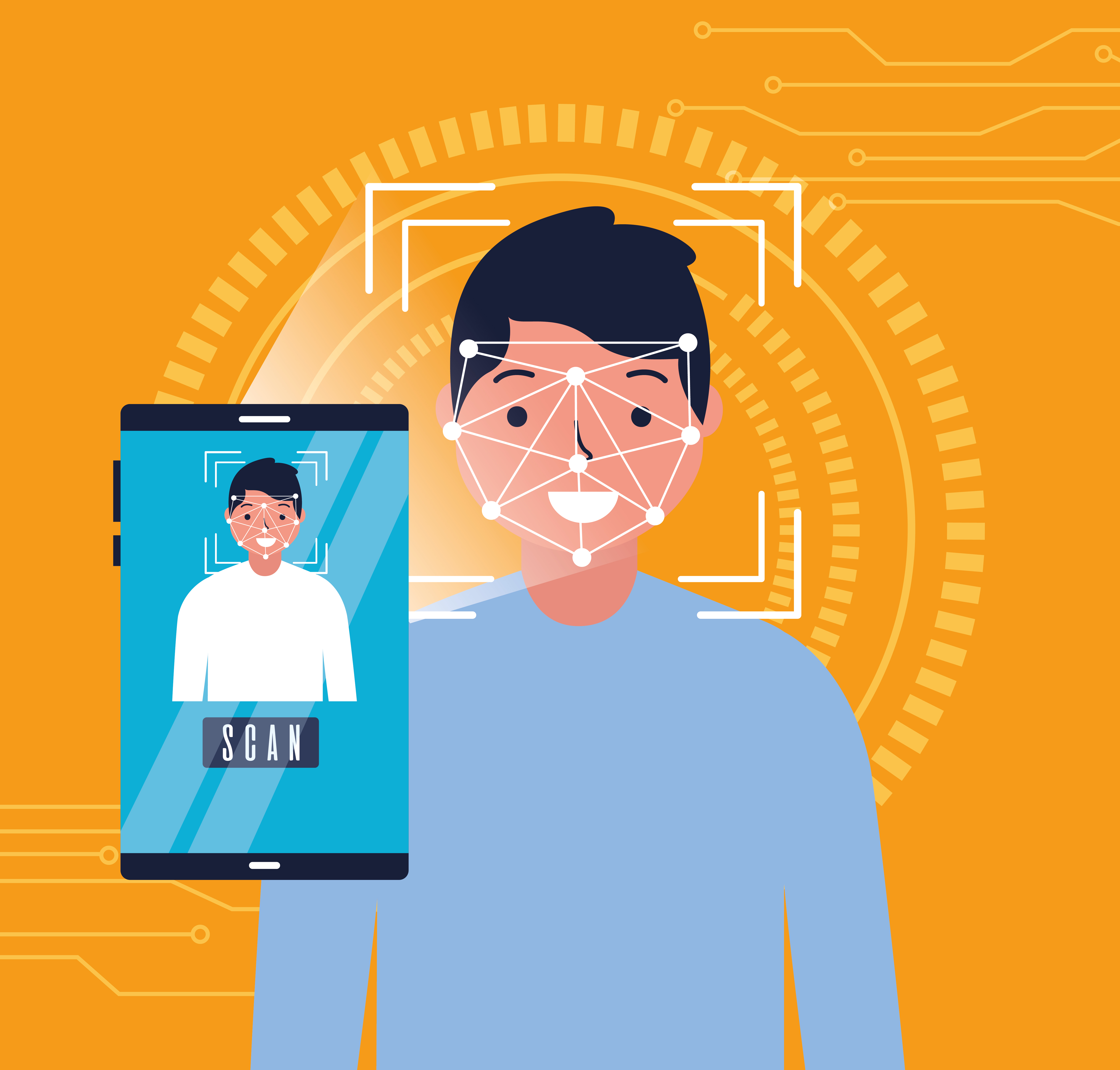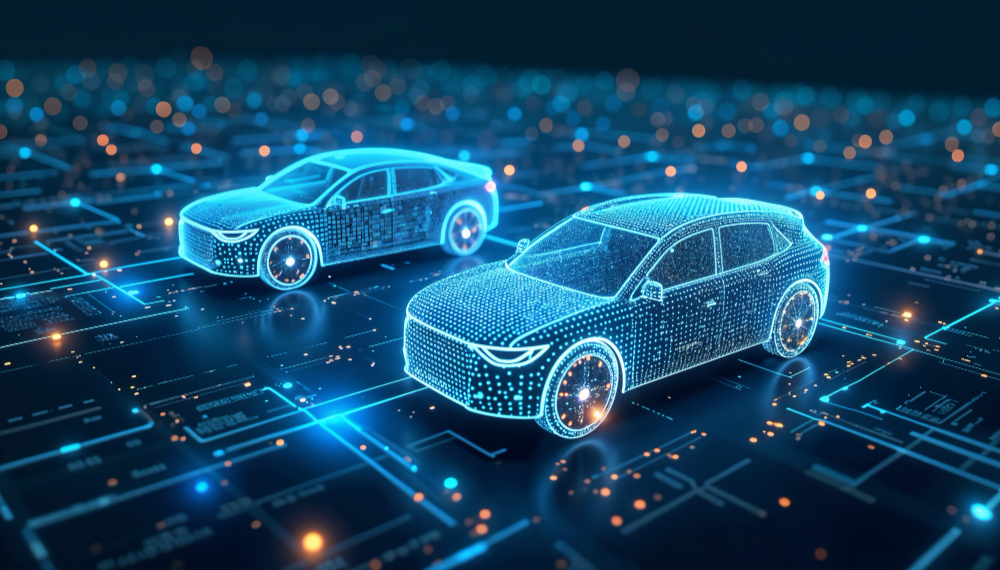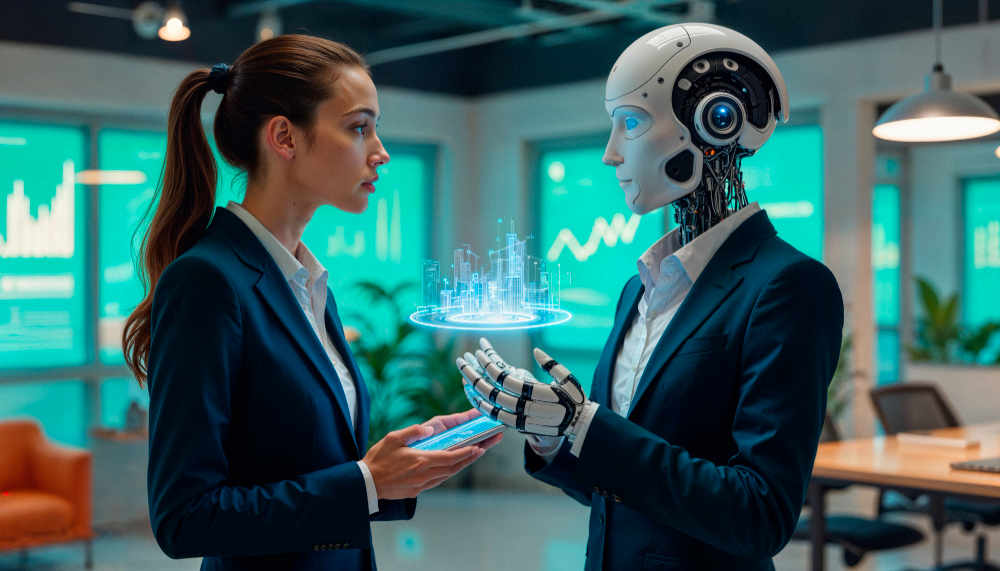The Future of Mobility: How AI in Self-Driving Cars Is Reshaping the Automotive Industry

Strong 8k brings an ultra-HD IPTV experience to your living room and your pocket.
Introduction
Artificial Intelligence (AI) is no longer a concept of the future it's actively driving transformation across industries, especially in the realm of mobility. The automotive sector, once defined by horsepower and mechanical engineering, is now being reimagined through advanced algorithms, sensors, and autonomous intelligence. At the heart of this revolution lies AI in self driving car systems, which are not only redefining how we drive but also pushing the entire AI in automotive industry toward a smarter, safer, and more sustainable future.
1. Understanding AI’s Role in the Modern Car Ecosystem
AI’s integration into automobiles is multifaceted. While most associate it with self-driving capabilities, its real power spans:
Predictive maintenance using real-time sensor data
ADAS (Advanced Driver Assistance Systems) to support human drivers
Voice assistants and infotainment systems
Vehicle-to-vehicle (V2V) and vehicle-to-infrastructure (V2I) communication
These functions collectively enhance driver safety, comfort, and efficiency key pillars of the modern automotive experience.
2. AI in Self-Driving Cars: Core Technologies
AI in self driving car technology depends on an ecosystem of tools and components working in harmony:
Computer vision for interpreting traffic signs, lanes, pedestrians
Sensor fusion combining LiDAR, radar, and cameras for 360° awareness
Deep learning algorithms trained on millions of driving scenarios
Natural language processing (NLP) for voice-activated commands
Route optimization using real-time traffic and environment data
Together, these systems create intelligent, autonomous vehicles capable of navigating complex urban and rural environments.
3. How AI in the Automotive Industry is Enabling New Business Models
AI isn’t just a technological innovation it’s an enabler of new business models:
Mobility-as-a-Service (MaaS): Subscription-based self-driving fleets
Usage-based insurance (UBI): AI tracks driving behavior to customize premiums
Over-the-air (OTA) updates: Software-driven upgrades without dealership visits
Smart manufacturing: Robotics and AI-driven quality control on assembly lines
This shows how AI in automotive industry extends beyond the car it’s reshaping design, production, sales, and support.
4. Real-World Use Cases and Success Stories
Tesla leverages a neural network trained on billions of miles of driving data
Waymo operates autonomous ride-hailing fleets in select U.S. cities
BMW uses AI for quality assurance in car production lines
Mercedes-Benz employs AI assistants for predictive maintenance alerts
Hyundai invests heavily in AI-based EV and self-driving car platforms
Each of these examples reflects a strategic implementation of AI in self driving car and broader industry applications.
5. The Benefits of Merging AI with Automotive Systems
Improved Road Safety: Reduced human error, better hazard prediction
Cost Efficiency: Lower fuel consumption, optimized logistics
Environmental Impact: Smarter routing reduces emissions
Personalized Experience: Adaptive interfaces and contextual infotainment
Scalability: AI enables future-ready platforms for EVs and autonomous fleets
These advantages highlight the synergy between AI in self driving car technology and the larger AI in automotive industry transformation.
6. Challenges Still on the Road Ahead
Despite major advancements, there are still hurdles to overcome:
Regulatory uncertainty surrounding full autonomy
Ethical concerns in decision-making during accidents
Data privacy of onboard cameras and sensors
Cost of LiDAR and high-performance chips
Public trust in self-driving technologies
OEMs and AI startups must collaborate to address these issues for wider adoption.
7. The Road to 2025 and Beyond
As we approach 2025, several trends will accelerate the adoption of AI in the automotive world:
Integration with 5G for real-time communication
Edge AI for local data processing in vehicles
Partnerships between AI development firms and automakers
Growth of AI agent ecosystems to automate fleet management
Government initiatives supporting smart mobility and emissions reduction
These trends confirm that the convergence of AI in self driving car systems and broader AI in automotive industry innovations will define the future of transport.
8. AI’s Role in Enhancing Electric Vehicles (EVs)
Electric vehicles and AI are converging to redefine energy-efficient mobility. AI algorithms help:
Optimize battery usage and energy consumption patterns
Predict charging needs based on driving behavior
Locate nearby charging stations in real time
Improve regenerative braking systems using AI modeling
This tight integration strengthens both the EV and self-driving ecosystems, which are often developed in parallel.
9. AI Agent Ecosystems in Automotive Software
Modern cars are run by AI agents autonomous software modules that manage specific tasks. Examples include:
Lane assist agents
Predictive maintenance agents
AI-based infotainment personalization
Driver fatigue monitoring systems
AI agent development services are crucial in building these components. Many AI agent development companies are now working with automotive OEMs to provide artificial intelligence agent development services that improve scalability and modularity in vehicle software.
10. Role of AI Agent Development Companies in Future Automotive Platforms
Leading artificial intelligence agent development companies play a critical role in the future of smart mobility. These companies:
Develop adaptive AI models for autonomous navigation
Enable seamless OTA updates across fleets
Offer AI integration as part of AI agent development services
Build data-driven platforms that aggregate driving insights across millions of users
By 2030, the collaboration between OEMs and such development partners will be the norm.
Conclusion
The global mobility landscape is being redefined by AI, especially as automotive manufacturers shift from traditional models to autonomous, data-driven ecosystems. With the rise of AI in self driving car technology and its seamless integration into the AI in automotive industry, we are on the verge of a transport evolution where safety, efficiency, and sustainability are no longer optional, but expected.
Whether you're an OEM, startup, or tech innovator, embracing AI isn't just a strategy it's a necessity. The future of mobility is here, and it's powered by artificial intelligence.
Note: IndiBlogHub features both user-submitted and editorial content. We do not verify third-party contributions. Read our Disclaimer and Privacy Policyfor details.







